Quantum is a site-specific theatre company, and we used this as a way to connect the conversation with a diverse group of people. We decided to move the performance to three different locations in Pittsburgh, and one in Wheeling, West Virginia, to ensure we got different perspectives and different stories. Working with local dramaturg Ned Moore, I crafted a series of questions—like have you ever seen a gun, or have you ever held a gun—that would be asked after the show to encourage participation without diving deeply into politics. The idea was that the questions, while pretty low stakes, would prepare people to share their own personal stories about guns.
The script doesn’t take sides in the gun debate. Instead, it offers a nuanced look at how guns are incorporated into people’s lives, using the playwright’s real-life stories: when she learned to shoot a gun, when she was robbed at gunpoint, and even how she lost a loved one through gun violence. Her stories became the jumping-off point for the talkback. Pittsburgh is surrounded by rural areas where hunting and rifle shooting are popular sports. With about 236,000 registered guns in Pennsylvania, we were curious about the possible interactions our audience had had with them. We wanted to hear their stories—to have this sharing with one another as a means of not only fostering community but also helping people find common ground. This pull towards getting people to talk to each other pushed us to add a subtitle to the show with Lewis’s permission—we referred to it only and consistently as The Gun Show (Can we talk about this?).
Night after night, the room became a place where people felt safe enough to share stories they hadn’t talked about in years, if at all.
While the talkbacks were formed around hearing and respecting each other, and not a place to dig into politics, we didn’t want to ignore the more difficult aspects of the gun debate. We decided to create a separate event. The Echo Event, a one-off conversation that would take place two weeks after The Gun Show’s run, would take the topics that came up during the talkbacks and compare them to the policies that were coming down from the city and state. To prepare, each night after the show our stage manager captured the stories shared (anonymously and without confidential information) to form the basis of what would be discussed at the event. There was even an opportunity for those who didn’t want to share during the talkback to speak with me individually about their gun stories.
The majority of people who came to the performances at Quantum Theatre—a small company with an especially liberal and intellectual audience—had seen, held, or shot a gun at some point in their lives. We discovered this during our talkbacks through the simple task of getting people to raise their hands to some very specific questions about gun ownership and gun violence.
Several people shared that they had first come into contact with guns at a young age. For others, guns were part of family traditions and rites of passage. Hunting and skill shooting were parts of many people’s lives , and many of our audience had family members who owned guns. Some owned guns themselves and were conflicted about it. Night after night, the room became a place where people felt safe enough to share stories they hadn’t talked about in years, if at all. Every night, there was at least one person who recounted a story of a friend, loved one, neighbor, co-worker, or mentor who had taken their own life with a firearm. A lot of people had connections to the individuals who were killed at the Tree of Life Synagogue, and several people’s relationship with guns had changed since the rise of mass shootings. Gasps could be heard when people recounted close calls with violent robberies and threats to their lives. There were collective chuckles and reminiscent nods when playing cowboys and Indians came up.
People began to understand each other through their stories. There were flare-ups around the Second Amendment—one gentleman asked if we would ban chairs and ropes since people have committed suicide with those as well. But even with these differences among audience members, a real sense of community was fostered.
One night, while doing our sole performance at the Towngate Theatre in Wheeling, West Virginia—a small town heavily influenced by Pittsburgh’s democratic leaning due to its close proximity—I got a question from a gentleman in the audience I had not received anywhere else. I had asked who owned a gun, but he wanted to know why I hadn’t asked if anyone was packing right now. I was slightly shocked and simply responded with: “I didn’t think I’d have to.” He revealed he had one on him at that moment. But no one chastised the man for carrying a gun into the theatre. This is how I knew that we had created an environment open for communication. Everyone took the next two minutes to listen—really listen—to the reason this gentleman felt it necessary to carry his gun everywhere he went. He mentioned he felt the need to protect his family and, more importantly, to be able to protect people in public spaces. He said when he was carrying at least he knew there was one good guy in the room who could defend everyone else if needed. There were nods of understanding from those who had, moments before, made it clear they disapproved of guns. His point of view was heard and he seemed grateful that he had had the chance to share it without ridicule.
As tensions grew around the gun control debate, our production took on a new meaning, and our post-show efforts became just as important as the production itself.
After we finished the run, we began preparing for the Echo Event. What it would ultimately be was a point of contention among our staff. The Gun Show (Can we talk about this?) implied we’d provide a time and place for people to talk, in person, about policy. But we didn’t want a room of people arguing and fighting for their hard stances on the issue. Working with Essential Partners, an organization that specializes in having tough conversations in communities, we created a format. Small groups of people—six to eight—would discuss the topics that had come up most frequently in the talkbacks: how guns were introduced in youth, who has access to guns, and how guns mix with mental illness. We called the event We Can Talk About This and met in the reading room of a local library.
We put out the invitation to all of our show attendees, community leaders, politicians, and news affiliates with the goal of getting a wide stratification of participates. When people registered, they answered self-identifying questions about their feelings surrounding the proposed gun control policy. We created four small groups, mixing together individuals with varying views on the policies. I told stories that had been shared in the talkbacks, presented policies that were being proposed and ones already in place, and posed questions to each group (e.g. “What steps do you think should be in place to obtain a gun?” and “Should rifle teams continue to be supports as school-sponsored clubs?”). Then, the attendees had time to talk amongst themselves.
In each group, the room became alive with conversation. People opened up about how changes in the laws would directly impact their lives, what concerns they had, how people might manipulate the law to take away privileges from citizens. They played devil’s advocate, exploring different sides of the argument and issues of contention. There was discussion around armed police officers at schools, gun-safety training, and the intersection between firearms and mental health.
We didn’t walk away with answers to the problems surrounding guns, but that wasn’t the goal. Instead, this experience was a chance for us to hear more about the lives, feelings, concerns, and motivations of those we live right next to. It was tough, and some nights we walked away less hopeful than others. But there was always a glimmer of what we could do as a community to change the narrative around guns. Attendees left with a better understanding of the policies that were being enacted and how new laws might affect them, and they identified granular ways gun control could be modified. They left with specifics that were important to them, points where they could compromise, and tools that would allow them to carry on these difficult conversations with others.

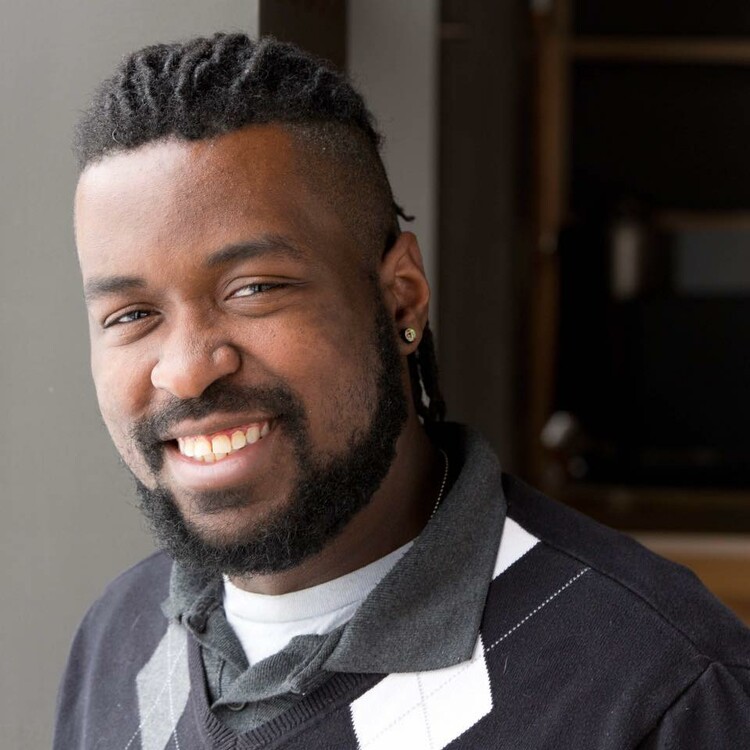
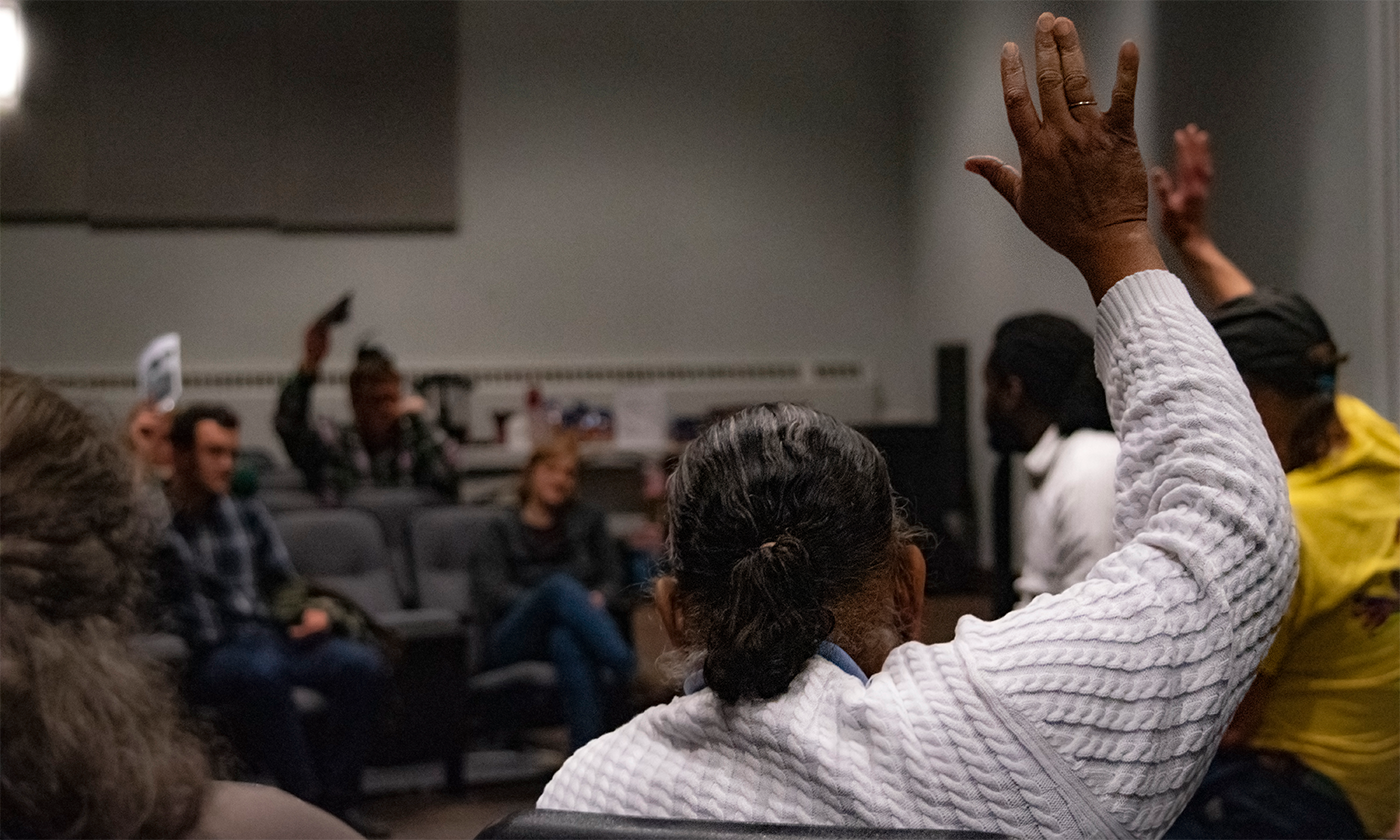
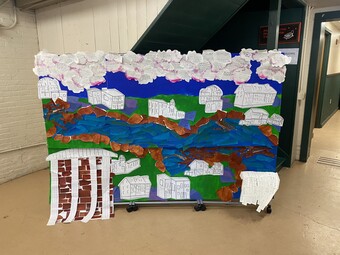

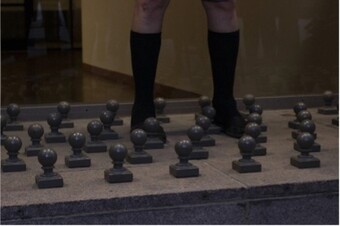


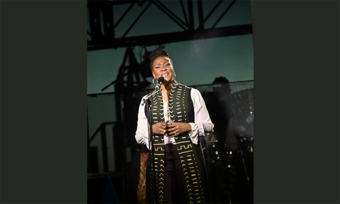

Comments
The article is just the start of the conversation—we want to know what you think about this subject, too! HowlRound is a space for knowledge-sharing, and we welcome spirited, thoughtful, and on-topic dialogue. Find our full comments policy here
Inspiring article, TJ. Sounds like a very thoughtful, methodical and respectful process in planning these discussions. I especially appreciate the willingness to partner with an organization like Essential Partners, reaching toward expertise outside the arts to create a structural foundation for the discussions that would offer honesty and safety. It's so important to look to community organizations as partners for community-based arts, since that's where the direct experience is. As someone who shares a focus on community-engaged work, I'm inspired by your process. Thanks for your work in fostering this important conversation in our city!
Thanks Molly! Truthfully, the whole process felt like we were walking on eggshells at first. I cannot speak enough about the way Essential Partners helped with forming the Echo Event. We were wildly unsure about what we might get and we didn't want it to be explosive or counterproductive. There was so much warmth in the room after the shows, we weren't sure how that would translate to a room that hadn't just come out of experiencing the play. How much of people's willingness to engage in the conversation was linked to the show itself? But, the show stuck with people and they came to the Echo Event in the same mind frame of openness and acceptance.